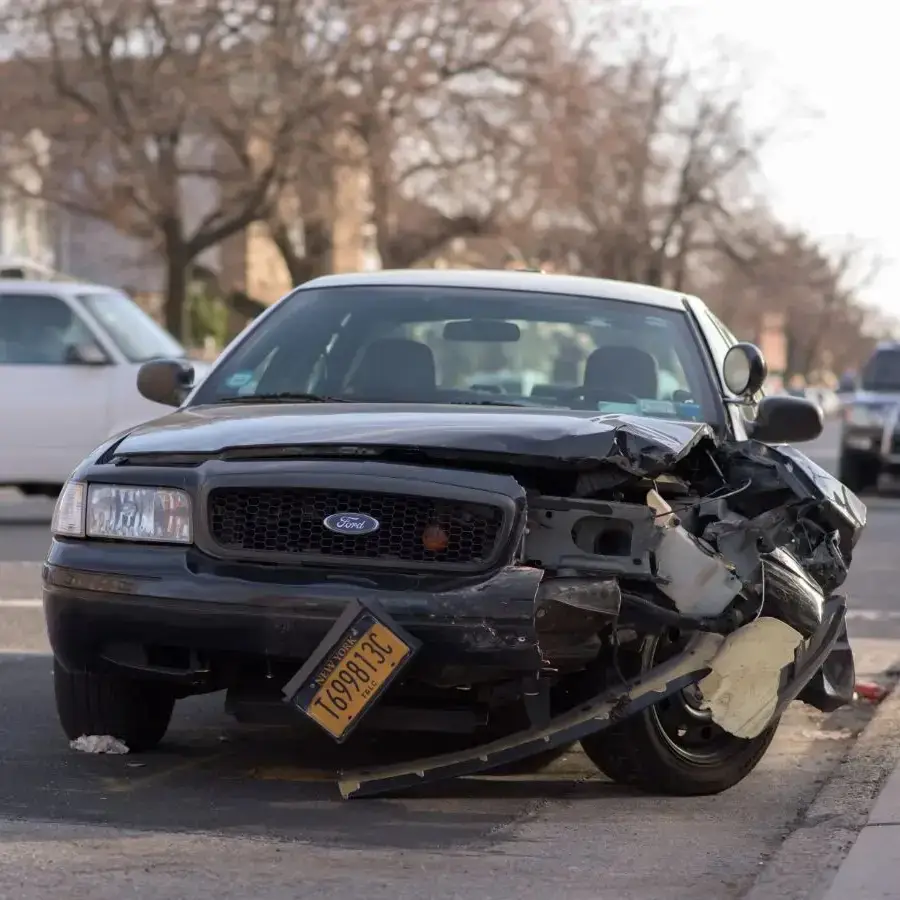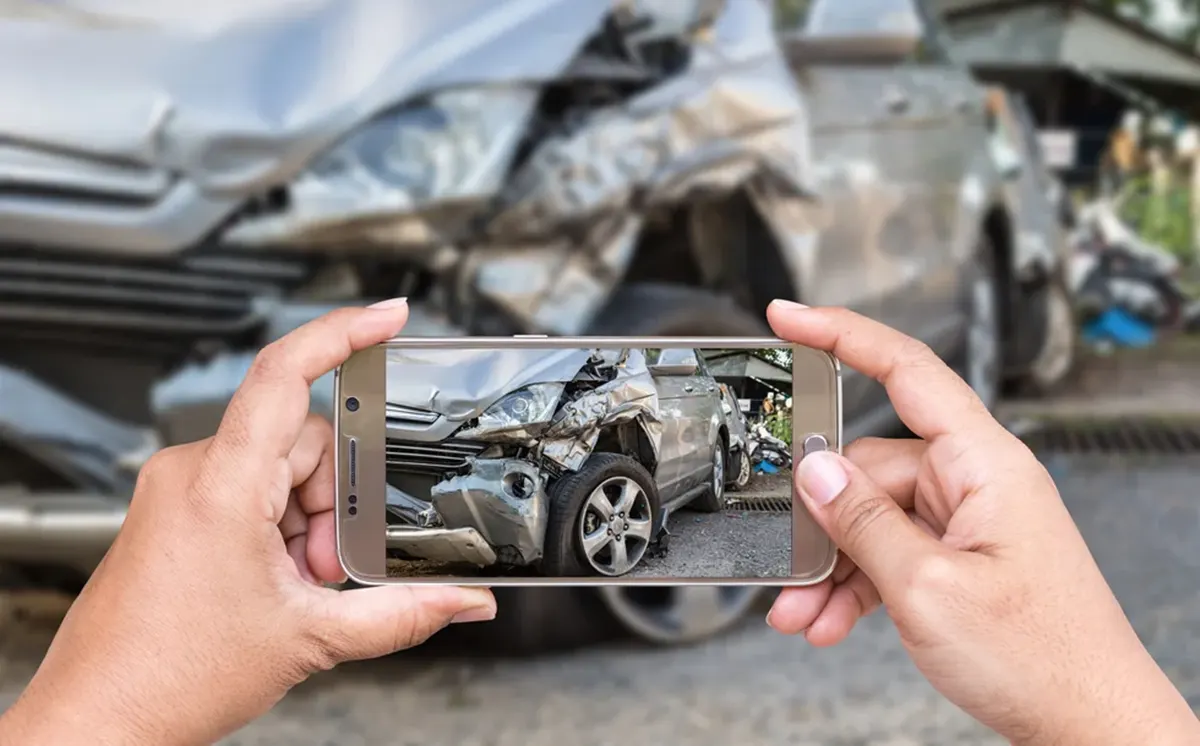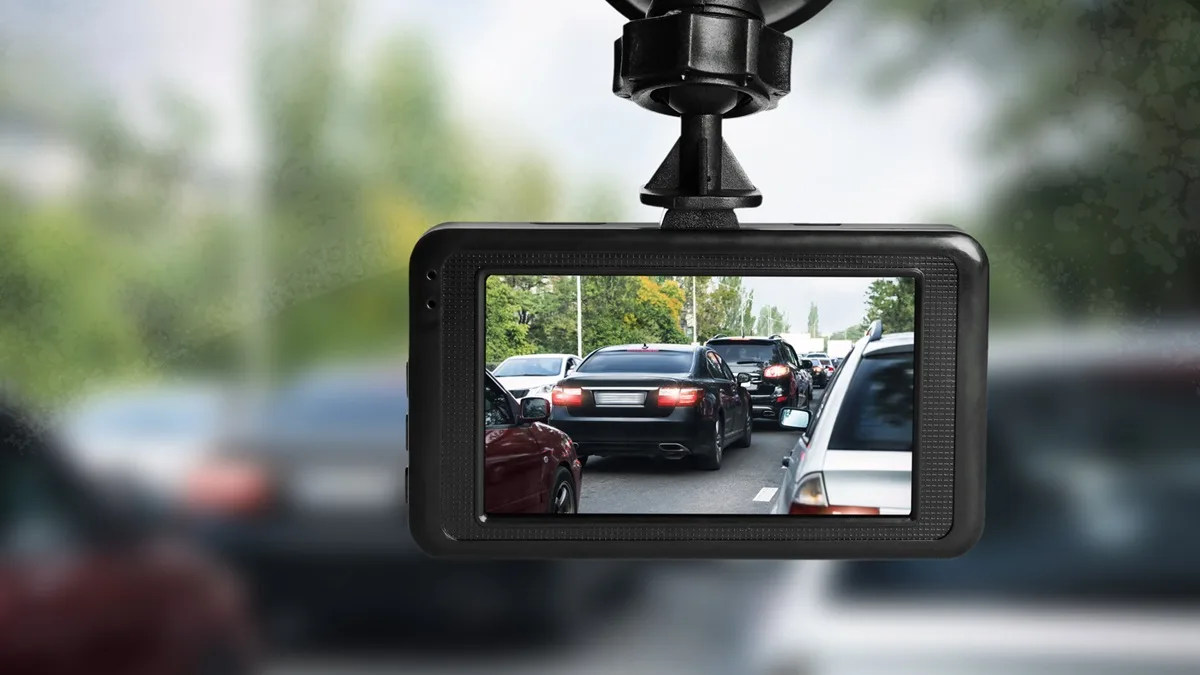Being involved in an Uber or Lyft accident in Florida can be overwhelming, especially when multiple insurance policies and state laws come into play. Understanding your rights early on helps you avoid costly mistakes, protect your eligibility for compensation, and make informed decisions about your next steps.
Key Takeaways
- Rideshare accidents in Florida involve layered insurance coverage and distinct liability rules.
- You may be eligible for compensation whether you’re a passenger, pedestrian, or another driver.
- Uber and Lyft carry up to $1 million in third-party liability coverage depending on the driver’s status.
- Preserve evidence, seek medical care within 14 days (PIP rule), and avoid recorded statements to the rideshare company without legal counsel.
- Florida’s statute of limitations for negligence is typically two years, but swift action is key.
Who Might Be Involved in a Rideshare Crash?
An Uber or Lyft accident doesn’t always involve just the passenger and rideshare driver. You could be:
- A rideshare passenger
- A rideshare driver hit by another vehicle
- A third-party driver or pedestrian hit by a rideshare driver
- A cyclist or scooter user involved in the collision
Each of these scenarios presents unique challenges when it comes to insurance claims and liability.
In addition, the role of the app at the time of the crash makes a difference. Whether the driver was waiting for a request or actively transporting a rider can determine which coverage applies. Even Uber Eats drivers may trigger liability tiers if they’re using the same vehicle profile for rideshare purposes.
Step 1: Prioritize Safety and Call 911
Whether you’re a passenger or another driver, start by ensuring your immediate safety. Move vehicles if it’s safe to do so, call 911, and wait for law enforcement. A police report will be essential for insurance and legal claims.
Pro Tip: Take note of the rideshare driver’s name, vehicle, license plate, and whether the app was active at the time. This impacts insurance eligibility.
Step 2: Document Everything on Scene
Like any accident, evidence is key. Here’s what you should collect:
- Screenshots from the rideshare app (trip status, driver name)
- Photos of all vehicle damage, road conditions, and injuries
- Contact info for drivers, witnesses, and rideshare support
- Police report number and responding officer’s badge
The more documentation you have, the easier it becomes to determine fault and file your claim.
You should also capture any app communication—screenshots of driver chats, trip timelines, or ride receipts. This data could prove essential later. For a deeper checklist, refer to our guide on what to do after a crash and how to prove liability in a rideshare accident.
Step 3: Seek Medical Care Within 14 Days
Florida follows a no-fault system under its Personal Injury Protection (PIP) laws. This means you must seek medical treatment within 14 days of the accident to qualify for benefits. These benefits may cover up to $10,000 of your initial medical bills and lost wages, regardless of fault.
Keep in mind, PIP only applies if you were in a vehicle registered in Florida or covered by a Florida auto policy. If you’re visiting from out of state or were on foot, other liability policies may apply.
Even if you feel fine, internal injuries and concussions can show up later. Early evaluation also ties your injuries directly to the crash and creates a paper trail for future claims.
If you’re unsure what PIP covers or how no-fault insurance applies to rideshare accidents, our resource on Florida’s No-Fault Insurance System explains it clearly.
Step 4: Understand Rideshare Insurance Tiers
Uber and Lyft carry liability insurance, but the amount depends on the driver’s app status.
Offline:
Driver’s personal auto insurance applies.
App On, No Ride Accepted:
Uber/Lyft offer:
- $50,000 per person
- $100,000 per accident for bodily injury
- $25,000 for property damage
En Route or Passenger Onboard:
- $1 million in third-party liability
- Uninsured/underinsured motorist coverage
- Contingent collision and comprehensive coverage (up to vehicle value)
Understanding these tiers is crucial, especially if you’re dealing with multiple carriers. According to Reuters, Uber spent over $4 billion on insurance-related expenses from 2019 to 2023—showing just how complex and costly these liability issues can become.
Step 5: Don’t Talk to Insurance Without Legal Advice
After an accident, expect calls from Uber, Lyft, or their insurers. Do not give a recorded statement without legal representation. These conversations are designed to limit liability—not help you.
You have the right to consult an attorney before responding. Better yet, let them handle communications on your behalf.
In fact, dealing with multiple insurers and shifting responsibility is a known challenge. Learn how third-party claims work and what traps to avoid in our article on insurance and third-party claims.
Step 6: Determine Liability (Which Isn’t Always Obvious)
Who is at fault? Was it the Uber driver? A third party? Multiple vehicles?
Florida’s comparative negligence rule applies. If you’re found 20% at fault, your compensation may be reduced by that amount. This is where an attorney helps reconstruct the accident and review all evidence.
What Damages Can You Recover?
Depending on the case, victims may seek compensation for both economic and non-economic losses. These include:
- Medical expenses: ER visits, surgeries, rehab, prescriptions, follow-up care
- Lost wages: Missed work, lost job opportunities, or reduced earning ability
- Property damage: Vehicle, bicycle, scooter, mobile device, or personal items
- Pain and suffering: Physical discomfort, emotional trauma, or loss of quality of life
- Loss of consortium: If the injuries affect your family or marital relationships
In severe injury or death cases, additional damages may include long-term care, future treatment costs, and wrongful death benefits for survivors. The value of your claim often hinges on documentation, persistence, and experienced legal advocacy.
You may also be entitled to compensation if the rideshare driver was uninsured or underinsured. See how this is handled in accidents with uninsured drivers in Florida.
Common Mistakes to Avoid
Even experienced drivers or regular rideshare passengers can make errors after a crash. Here are the most common:
- Failing to seek medical attention: Waiting too long may affect your health and eligibility for benefits.
- Deleting rideshare app data: This can include trip confirmations, receipts, or chat logs with your driver.
- Posting on social media: Statements or photos may be used against you by insurers.
- Accepting quick settlements: Early offers are often lowball attempts to close the case fast.
- Assuming you can’t sue: Just because the driver was “working for Uber” doesn’t mean you’re out of legal options.
Also avoid discussing fault at the scene. Let the police and your attorney sort through the evidence.
Some people assume minor impacts or soft-tissue injuries don’t qualify for legal help. But as we’ve explained in our ridesharing liability guide, even minor injuries can escalate into long-term claims depending on how insurance is handled.
Why You Need Legal Support
Rideshare crashes bring unique challenges. Liability overlaps. Coverage varies by app status. Policies may deny or delay your rightful claim. And most rideshare companies are protected by complex third-party arrangements.
An experienced rideshare accident lawyer knows how to:
- Investigate and prove fault
- Navigate Uber/Lyft claims processes
- Preserve app data and video evidence
- Negotiate with layered insurance carriers
- File within Florida’s two-year statute
Hiring a Jacksonville rideshare accident lawyer ensures you’re working with someone who understands local traffic laws, court deadlines, and how to protect your rights regionally.
FAQs
- Can I sue Uber or Lyft directly after an accident?
Generally, Uber and Lyft classify their drivers as independent contractors, making it difficult to sue the company directly. However, their insurance policies cover incidents while the app is in use. - What happens if the rideshare driver was off duty?
If the app was off, the driver’s personal auto insurance is responsible. Uber or Lyft’s coverage won’t apply. - Am I covered if I was hit by a rideshare vehicle as a pedestrian?
Yes. You may be able to recover damages through the rideshare company’s third-party liability insurance, depending on the driver’s app status. - What if multiple vehicles were involved in the crash?
Florida uses comparative negligence, meaning fault can be shared. You may still receive compensation even if you were partially at fault. - Can I file a claim if I wasn’t wearing a seatbelt?
Yes, though it could affect your compensation. Not wearing a seatbelt may reduce your settlement under comparative fault laws. - Will my health insurance affect my rideshare injury claim?
Yes. PIP may cover initial costs, but your health insurer may also pay. They may later seek reimbursement if you receive a settlement. - How long do I have to file a rideshare accident claim in Florida?
Florida law gives you two years from the date of the accident to file most negligence-based claims. Acting early improves your chances.
Hurt in an Uber or Lyft crash in Florida?
Jimenez Law Firm, P.A. can help you protect your rights and pursue fair compensation.
Call us at (904) 559-5600
Visit: Jimenez Law Firm
Location: 1443 San Marco Blvd. Suite 201, Jacksonville, FL 32207
We serve clients across Florida by appointment, phone, or virtual consultation.



